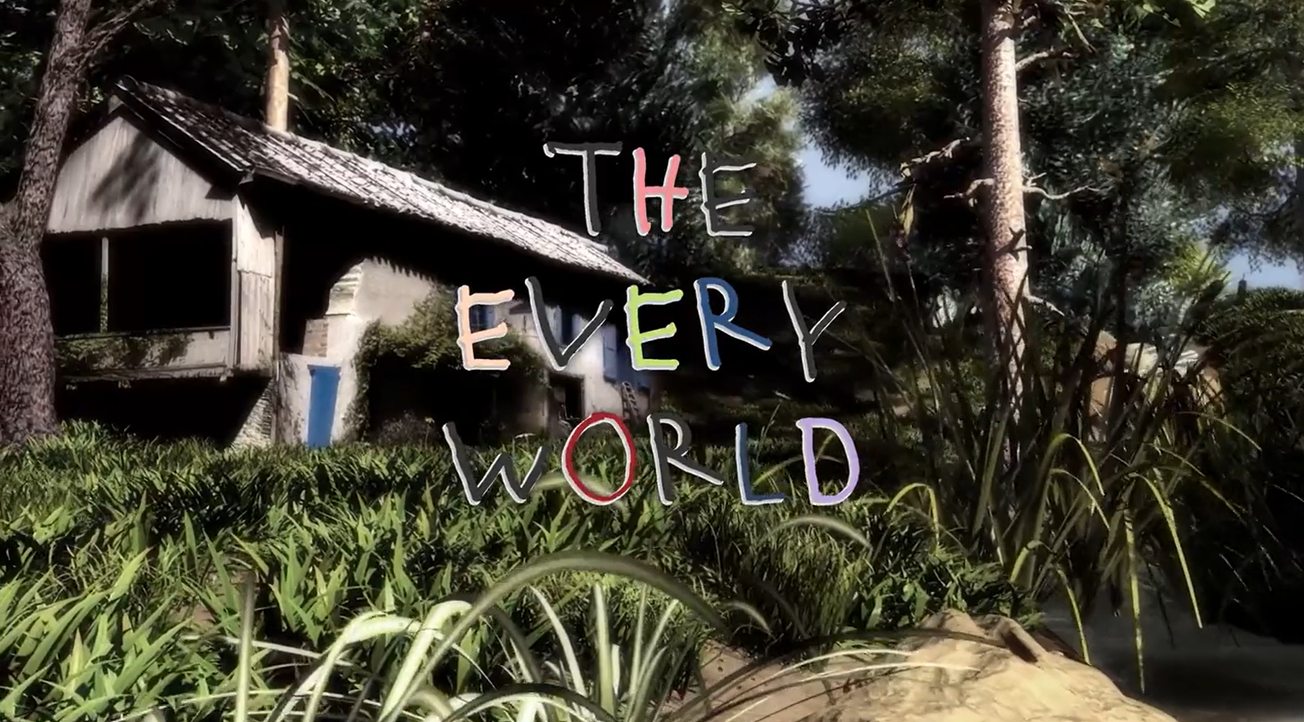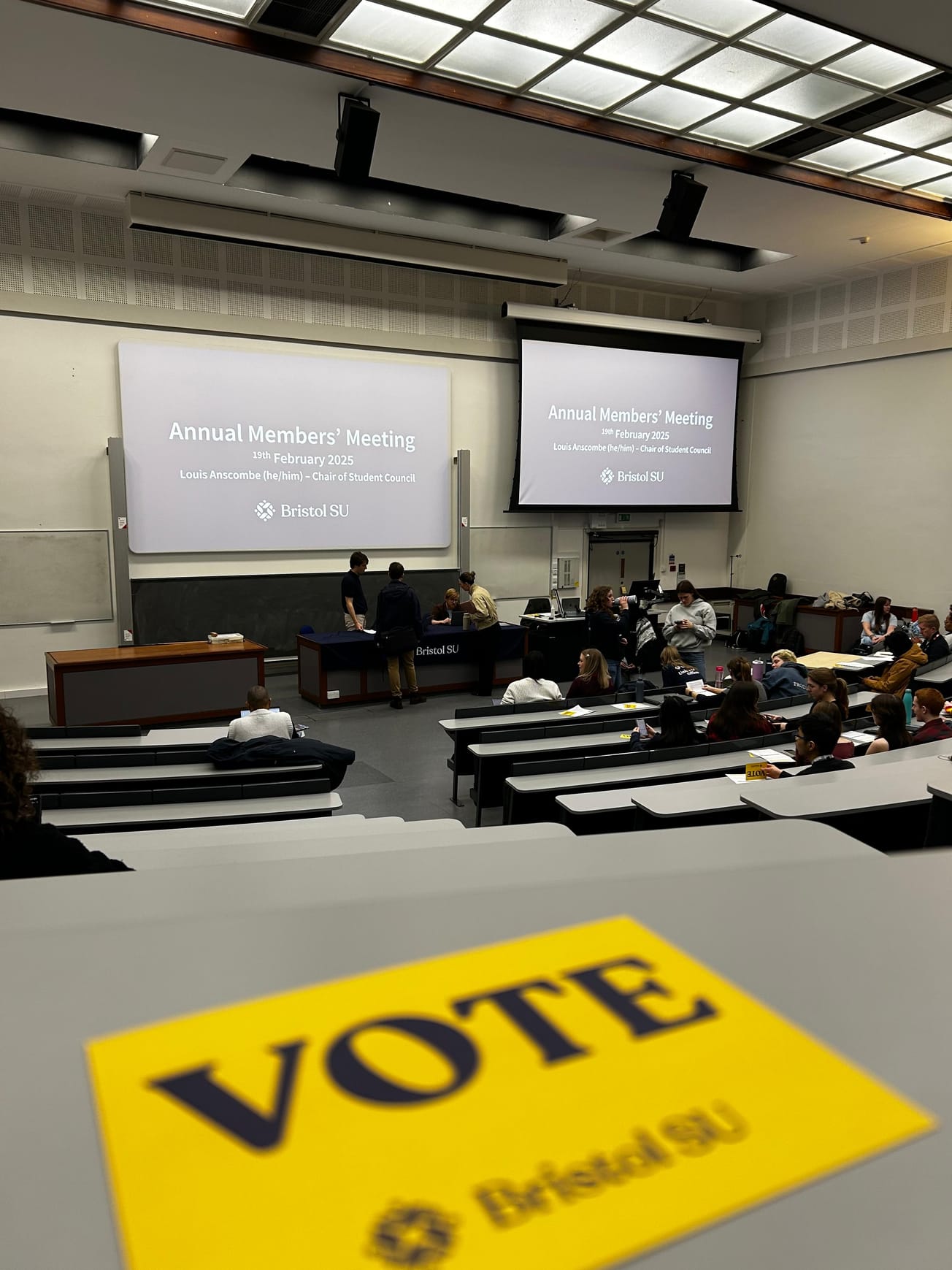By Lydia Barnes, Comparative Literatures and Cultures MA
Lydia Barnes advocates for reading in translation, as a form of “armchair travelling”.
If you’re like me, one of your New Year’s resolutions is probably always to “read more”. And for the most part, I do well: for the last four years I’ve gone from reading around 20 books a year to reading 64 in 2018. But, unfortunately, that has come in the form of reading a load of books primarily in the English language. For someone who can read in three different languages and studies comparative literature, I read embarrassingly few books that weren’t originally written in English. So, this year, I am resolving to read significantly more books by non-anglophone authors.
The most commonly cited reason for reading in translation is that it expands your cultural horizons, and this is absolutely true. I couldn’t advocate more for reading widely in order to expose yourself to a multiplicity of viewpoints and voices as a form of “armchair travelling”. In such a globalized world it’s easy to think we’re all constantly consuming new content which expands our world view, but international literature is a way to truly immerse yourself in the thoughts and experience of others, grounded in their own cultural stereotypes, their histories, and their language.
"the most commonly cited reason for reading in translation is that it expands your cultural horizons, and this is absolutely true"
There are plenty of other persuasive reasons for reading more globally. One of the more important ones is that it supports the translation industry. We live in a capitalist society, in which supply and demand fuel the market for books. If we all read more world literature, it would push the bigger publishers to commission more translations, and hopefully make a dent in the publishing industry that’s pretty oversaturated with anglophone texts. We’ve already started to see this happening during the last few years here in the UK, with independent presses such as Tilted Axis leading the way. This not-for-profit press is committed to shaking up the international literature industry: “Tilting the axis of world literature from the centre to the margins allows us to challenge that very division. These margins are spaces of compelling innovation, where multiple traditions spark new forms and translation plays a crucial role.”
It is important to note, however, that reading books in translation into English comes with its flaws as well. While the majority of translated fiction is translated into English, the assumption that everything will eventually make it into English is both untrue and arrogant. Reading a text in its original language allows you to enjoy the work free from the inevitable distortion 一 for better or for worse 一 that occurs during the process of translation. (Of course, the ability to speak a second (or third, or fourth) language can often depend on privileges such as having access to foreign language options at school and money to travel abroad.)
"international literature is a way to truly immerse yourself in the thoughts and experience of others"
However, the rarely talked about benefit of being able to read another language is that it also opens you up to works that may have not been translated into English, but have been into your second language. An example of this is the Japanese manga artist Hikaru Nakamura, whose work will be exhibited in the British museum this summer. Her work has not yet been translated into English, but it is available in French, where graphic novels have a wider readership. Therefore, if you can speak French, you’ve got a leg up on other anglophone readers who simply do not have access to this work.
There are plenty of other reasons to read more international literature, but it all comes down to the pressing need to question our ways of seeing the world, which is inevitably steeped in our own cultural norms. If you’re looking for any recommendations of books that might do this, here are some of my favourite novels by non-anglophone authors:
- We by Yevgeny Zamyatin, translated from the Russian by Natasha Randall
- The Invention of Morel by Adolfo Bioy Casares, translated from the Spanish by Ruth L.C. Simms
- The Vegetarian by Han Kang, translated from the Korean by Deborah Smith
- The Shadow of the Wind by Carlos Ruis Zafón, translated from the Spanish by Lucia Graves
(Featured image credits: Unsplash / Christine Roy)
What are your favourite texts in translation? Let us know in the comments below or on social media.









